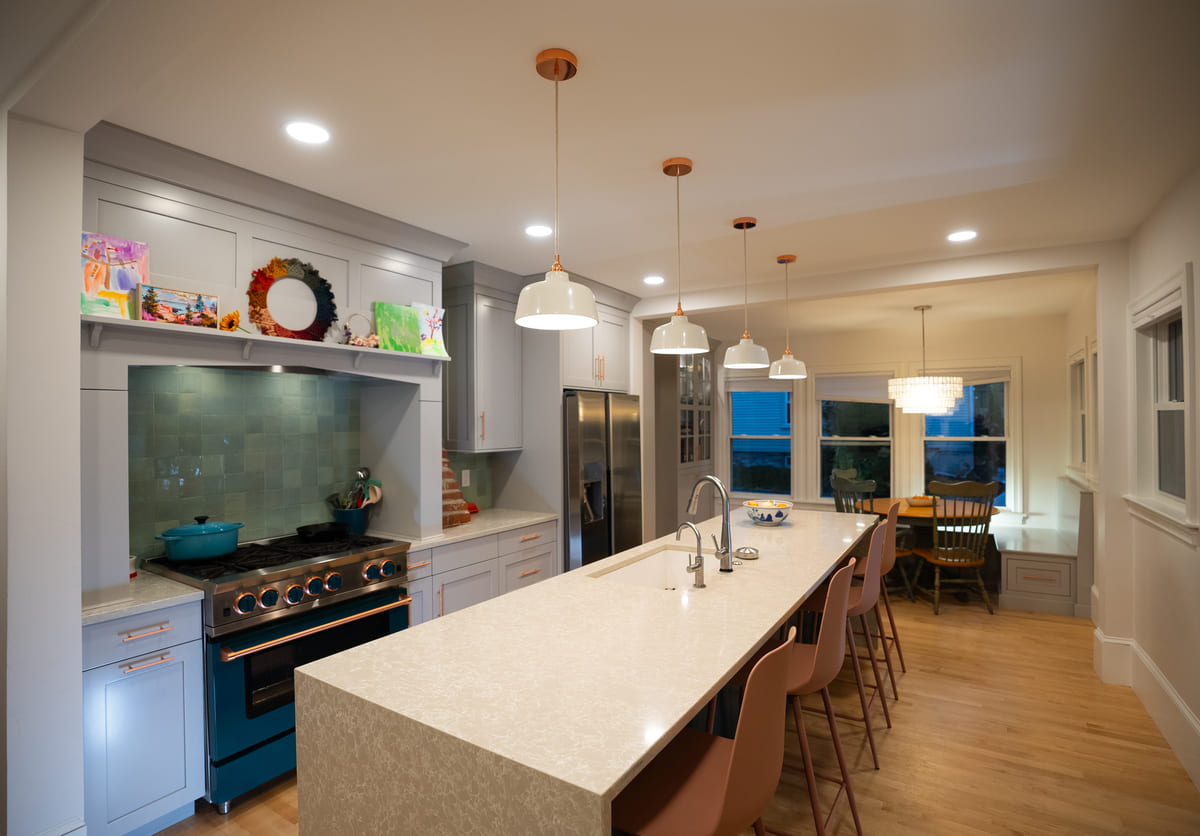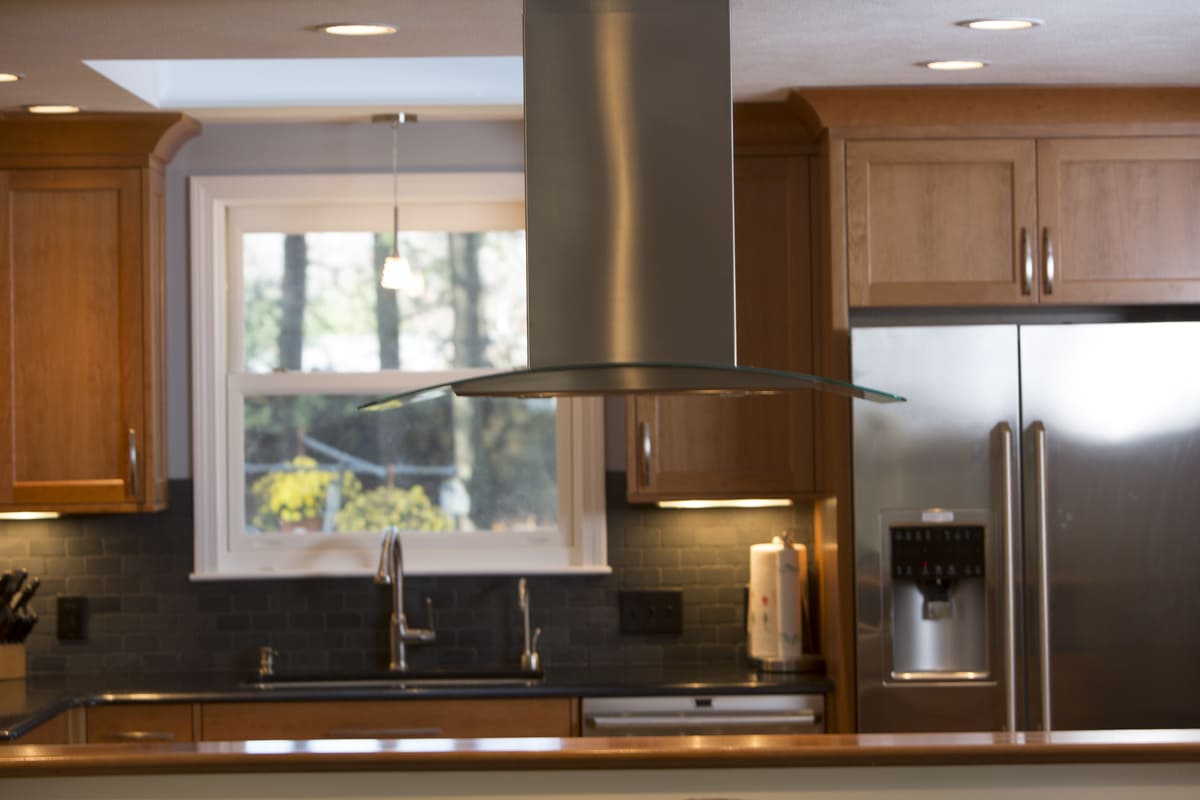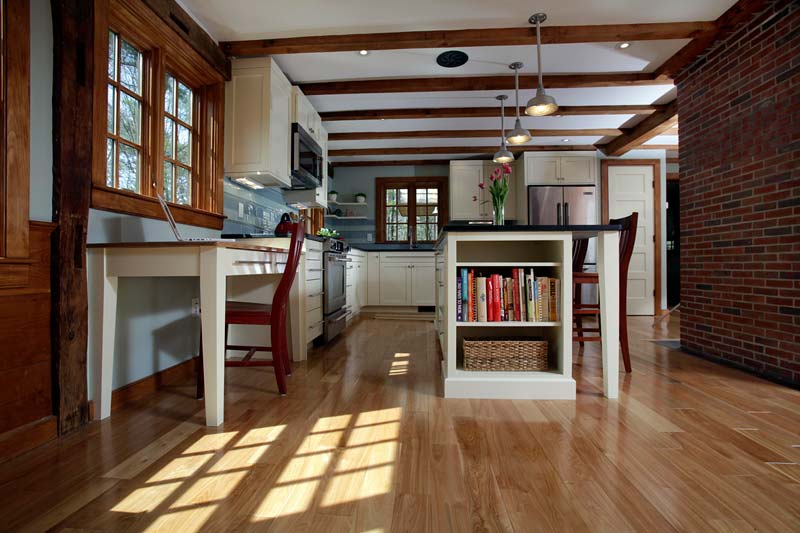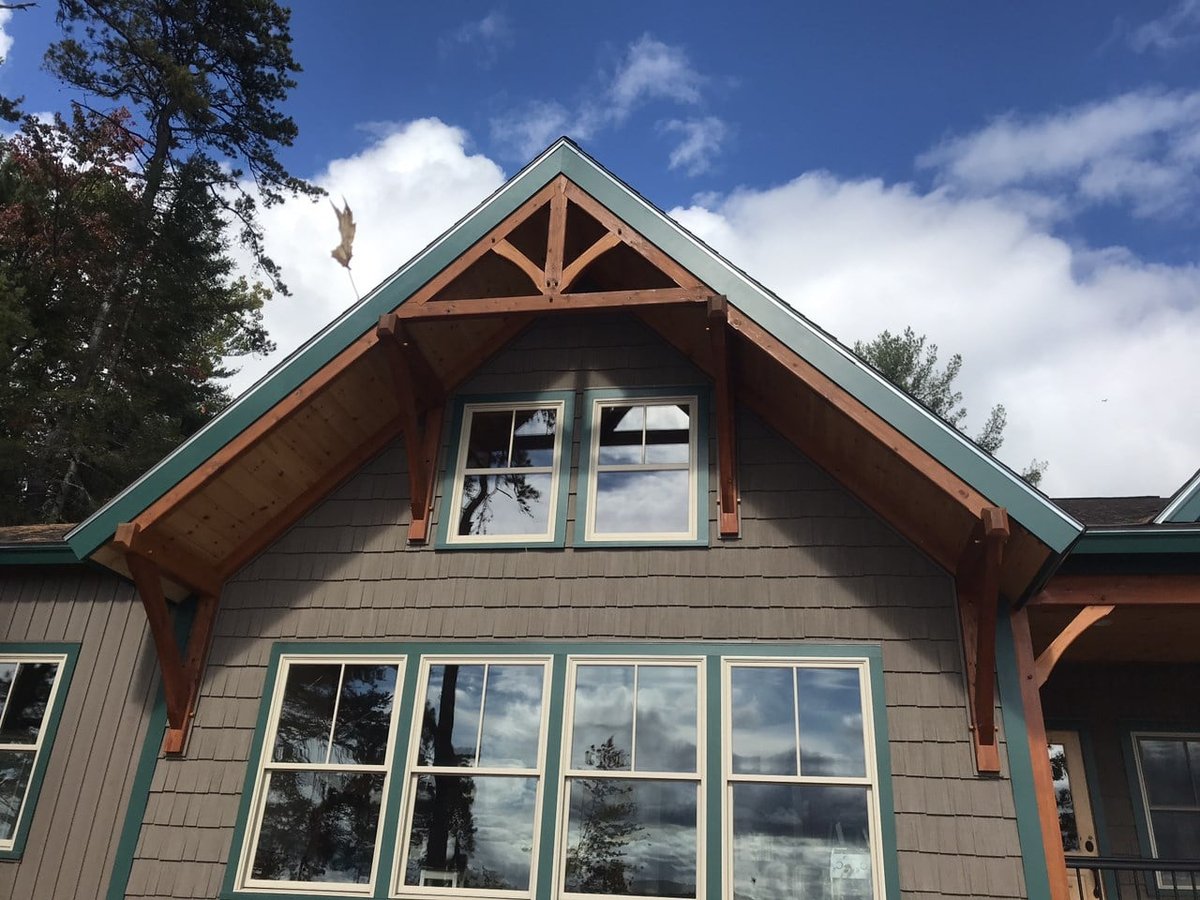3 Min Read
Sustainable Building Practices for Your New Hampshire Remodeling Project
Sustainable building practices are more than a trend. They are a necessary shift towards a more responsible way of living. Homeowners in the Seacoast, New Hampshire, area considering remodeling projects have a unique opportunity to embrace these practices and contribute to a greener future while creating a comfortable and timeless new living space. Oxland Builders is here to guide you through the maze of green certifications, energy-efficient technologies, and sustainable materials, showing how an eye toward sustainability can enhance your home's value, efficiency, and appeal.
Table of Contents
- Understanding Green Building Certifications
- Enhancing Energy Efficiency In Your Home
- Sustainable Building Materials And Practices
- Financial Benefits Of Sustainable Remodeling
- Oxland Builders Can Create Your Dream Sustainably
Understanding Green Building Certifications
What Does LEED Certification Mean?
The Leadership in Energy and Environmental Design (LEED) certification is a globally recognized symbol of sustainability achievement and leadership. It's a point-based system where building projects earn LEED points for satisfying specific green building criteria. The more points a project earns, the higher its certification level—Certified, Silver, Gold, or Platinum. Not every homeowner looking to remodel should pursue LEED certification, though it can significantly increase your home's value and appeal. However, the items that garner LEED certification points are a great idea for those interested in green building solutions.

Energy Star Ratings and Recent Changes
You’ve probably heard of the Energy Star rating system, which benchmarks the energy efficiency of products, homes, and commercial buildings. A product or home bearing the Energy Star label signifies it meets or exceeds federal standards for energy efficiency. However, as of November 2023, the criteria for achieving an Energy Star rating have tightened, reflecting advancements in energy efficiency technologies and a push towards more sustainable living standards. For New Hampshire homeowners, achieving an Energy Star rating now requires a more significant commitment to energy efficiency. But the payoff is clear: homes with Energy Star certification enjoy lower utility bills and a smaller carbon footprint, making them more attractive to environmentally conscious buyers and contributing positively to the fight against climate change.
Enhancing Energy Efficiency in Your Home
The Concept of an Energy-Efficient Home
What exactly does that energy-efficiency mean? Simply put, an energy-efficient home is designed to reduce unnecessary energy consumption, greenhouse gas emissions, and overall environmental impact. An airtight house is key to this efficiency — an abode meticulously sealed against air leaks, which can significantly impact heating and cooling costs. However, an airtight home doesn't mean a home without fresh air; rather, it necessitates a well-designed ventilation system to ensure indoor air quality, making the home comfortable and safe.

Key Strategies for Energy Efficiency
Energy-Efficient Windows
One of the most effective upgrades in a home remodeling project is energy-efficient windows. These windows are designed with double or triple-pane glass that minimizes heat transfer, helping to keep your home warmer in the winter and cooler in the summer. With recent changes to Energy Star window ratings, selecting windows that meet the new, stricter criteria can significantly enhance your home's insulation and reduce energy bills.
Proper Insulation
Another crucial element is the insulation used in your home. While energy-efficient insulation options, such as spray foam, fiberglass, or cellulose, can play a pivotal role in maintaining your home's temperature, proper air sealing is equally if not more important than the insulation you choose. Air leaking out or into your home is a major source of inefficiency. Selecting the right insulation and air sealing methods for your specific needs can prevent heat loss in winter and keep your home cooler during the hot New Hampshire summers.
Heating and Cooling Systems
An efficient heating, ventilation, and air conditioning (HVAC) system is vital for an energy-efficient home. Upgrading to an Energy Star-certified HVAC system can make a substantial difference in your energy consumption. Regular maintenance, such as cleaning and replacing filters, can further enhance your system's efficiency. Innovative solutions like smart thermostats can also help manage your heating and cooling settings more effectively, ensuring your home uses energy only when needed.
Sustainable Building Materials and Practices
Selecting sustainable building materials is key to reducing the environmental impact of your New Hampshire home remodeling project. Materials like bamboo, reclaimed wood, or recycled steel offer durability and aesthetic appeal while promoting resource conservation. Bamboo is a highly renewable resource that provides strength comparable to traditional hardwoods, making it an excellent choice for flooring. Reclaimed wood can add unique character to your home while preventing deforestation.

Adopting innovative construction methods can further benefit the environment and enhance the sustainability of your remodeling project. Techniques such as insulated concrete forms (ICFs) for foundations and walls offer superior insulation and strength compared to traditional building methods.
Financial Benefits of Sustainable Remodeling
Incorporating sustainable practices into your New Hampshire remodeling project is good for the planet and can also benefit your wallet. Making your home more energy-efficient and sustainable can lead to significant financial savings over time, primarily through reduced utility bills. Homes with high energy efficiency consume less water and power, lowering monthly expenses. Sustainable homes often qualify for various incentives, such as tax rebates and grants, making the initial investment in green technologies more affordable.
Sustainable remodeling can also increase your home’s market value. Homes with green certifications like LEED or Energy Star are more attractive to buyers, who are increasingly conscious of the environmental impact and energy costs of their potential new home. This increased appeal can translate into higher selling prices and shorter listing times on the market. By future-proofing your home against rising energy costs and stricter building regulations, you're investing in its long-term value and appeal.

Oxland Builders Can Create Your Dream Sustainably
Whether you’re just starting to explore the possibilities of a green home renovation or are ready to take the next steps in your sustainable remodeling journey, remember that every choice towards sustainability helps build a better future. Oxland Builders in Seacoast, New Hampshire, is here to guide you through this process, ensuring that your home not only meets your aesthetic and functional needs but also contributes to a healthier environment and community. Let’s connect today!





